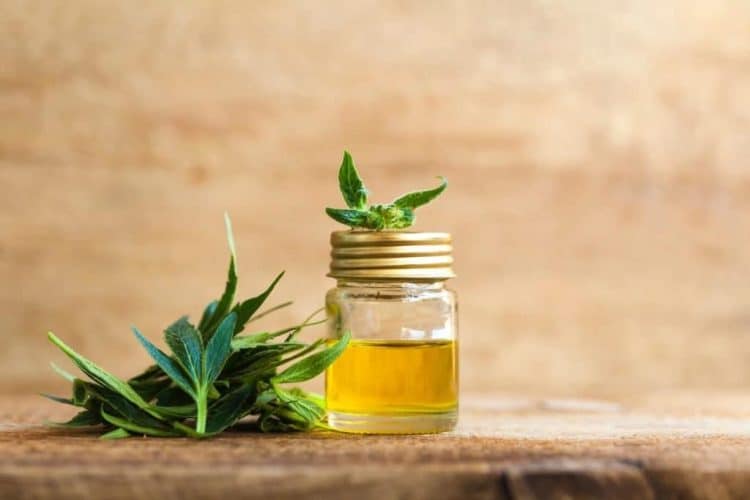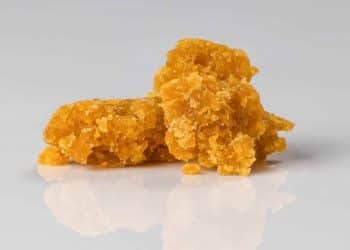Advice for cannabis users
The most widely popular cannabis compound today–used by all generations from children to their grandparents–is cannabidiol, or CBD. Across oils, tinctures, edibles, and vapes, a broad audience takes CBD for an even broader range of uses.
Although this cannabinoid has always been a component of the hundreds of compounds in the cannabis plant, until more recently, it was mostly consumed along with THC and other phytochemicals. But as the plant has grown in popularity, with legalization sweeping across US states and, of course, Canada, the new industry has brought more tailored products to market. And CBD-only oils and the like have been flying off the shelves ever since.
Cannabis users often attribute their CBD use to its beneficial effects on a variety of symptoms and conditions–all without the psychoactive “high” that tetrahydrocannabinol (THC) provides. Without those effects, CBD can essentially be taken anytime, anywhere. CBD oil also does not contain the familiar cannabis aroma and therefore its use can go undetected. And the multitude of studies published in recent years about the benefits of CBD and the media storm associated has pushed CBD into the spotlight. In fact, people have even referred to this cannabinoid as a “miracle cure”.
But there are some serious issues with how CBD is processed, tested, and evaluated. In fact, there’s very little guidance from the World Health Organization or the US Food and Drug Administration on how these products should be regulated. This is certainly problematic as CBD can be found nearly anywhere these days, from bakeries and coffee shops to bodegas and vape stores.
Arno Hazekamp, PhD, a medical cannabis consultant and self-described cannabis “myth buster,” published an article last year in which he outlined some of these concerns. [1]
Consumer marketing. Dr. Hazekamp acknowledges the many studies that have indicated the potential for CBD as an effective treatment for multiple conditions. [1] And, since he wrote the article, Epidiolex®, a cannabis-derived CBD therapy, was approved by the FDA to treat severe forms of pediatric epilepsy. However, since the FDA has not approved any other CBD products, the companies that produce them often oversell their health claims through false advertising. This can be dangerous if people decide to follow the hype and stop taking all other medications at once without first talking to their doctor.
Long-term effects. While cannabis has been established as a safe substance, we simply do not know enough about its long-term effects. [1] The cannabis of today is nothing like the cannabis plants used for thousands of years. Genetic engineering and newer technology have fundamentally changed the way cannabis is produced and consumed and there is a lot we must learn.
Product testing. Another source of serious concern involves testing. Any contaminants like pesticides that get into the soil pollute the cannabis plant and will eventually make it to the consumer. But the potential for chemical invasion does not stop there. In the process of creating concentrates like oil, residual solvents may also make it into the final product. [1] While many cannabis companies conduct thorough testing and make their lab results publically available, a lack of global testing standards has the potential to make consumers vulnerable.
And even if a consumer is able to verify that the product they just bought has been tested for the presence of chemicals, what about the actual concentration of the CBD promised? Unfortunately, many times what’s written on the label is not what’s inside the bottle. [2] In some cases, consumers may not be getting the amount of CBD they paid for—or worse, they may be getting other cannabinoids they didn’t want.
So what’s a concerned consumer to do?
First, you can advocate for regulatory bodies and the industry to work toward establishing standardizations for testing. And, when it comes to purchasing CBD, you should be vigilant and buy from companies that have all testing information made publicly available. If you have concerns about the safety and efficacy of CBD, read the cannabis literature and stay up to date with the latest studies. And, as always, talk to your doctor or medical cannabis dispensaries about any questions you might have.
References
- Hazekamp, A., “The Trouble with CBD Oil.” Med Cannabis Cannabinoids, vol.1, 2018, pp. 65-72 (impact factor: N/A; cited by: 11)
- Bonn-Miller, M.O., et al. “Labeling Accuracy of Cannabidiol Extracts Sold Online.” JAMA, vol.318, no.17, 2017, pp. 1708-1709 (impact factor: 47.661; cited by: 59)












